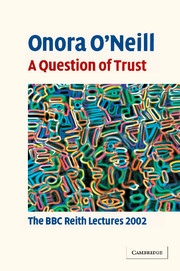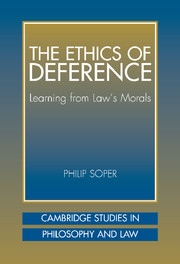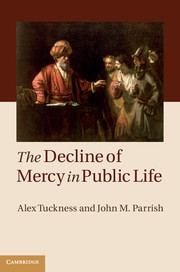Paradoxes of Political Ethics
How do the hard facts of political responsibility shape and constrain the demands of ethical life? That question lies at the heart of the problem of 'dirty hands' in public life. Those who exercise political power often feel they must act in ways that would otherwise be considered immoral: indeed, paradoxically, they sometimes feel that it would be immoral of them not to perform or condone such acts as killing or lying. John Parrish offers a wide-ranging account of how this important philosophical problem emerged and developed, tracing it - and its proposed solutions - from ancient Greece through the Enlightenment. His central argument is that many of our most familiar concepts and institutions - from Augustine's interiorised ethics, to Hobbes's sovereign state, to Adam Smith's 'invisible hand', understanding of the modern commercial economy - were designed partly as responses to the ethical problem of dirty hands in public life.
- A comprehensive book-length exploration of the history of philosophical reflection on the 'dirty hands' problem
- Offers an innovative historical approach to an important contemporary issue
- Addresses an unusually wide range of key texts in the history of political theory
Reviews & endorsements
"...this is an important attempt to show the vitality of political and moral reasoning prior to the Kantian and utilitarian revolutions...Recommended"
-E.J. Harpham, University of Texas at Dallas, Choice
Product details
December 2007Hardback
9780521873550
296 pages
229 × 152 × 21 mm
0.61kg
Available
Table of Contents
- Introduction
- 1. For the sake of the city
- 2. Two cities and two loves
- 3. Renaissance dilemmas
- 4. Hobbes's choice
- 5. Dirty hands commercialised
- 6. How dirty hands become invisible: Adam Smith's solution
- Conclusion.







